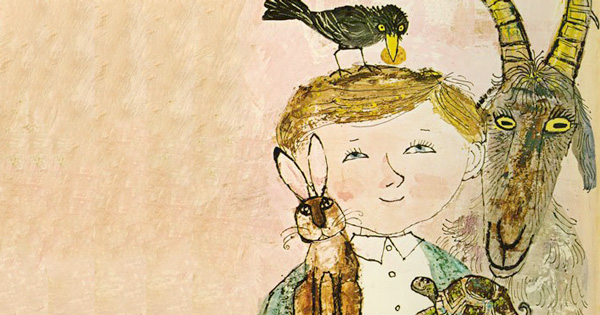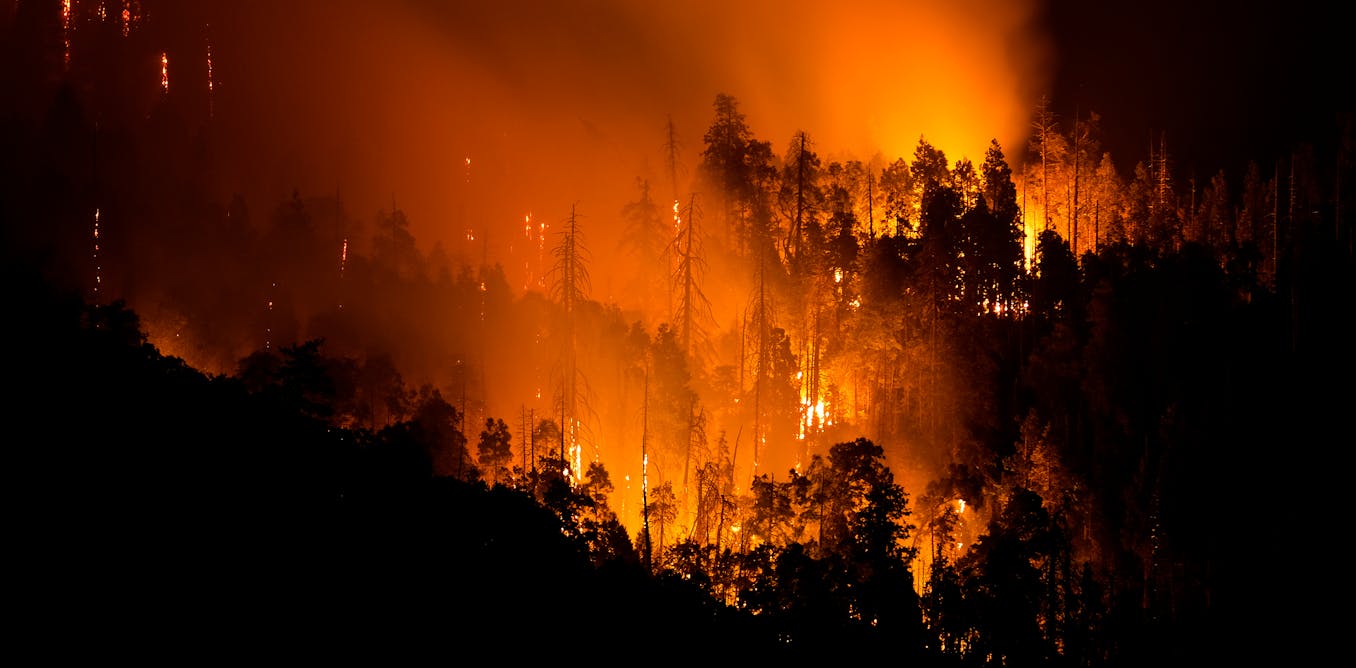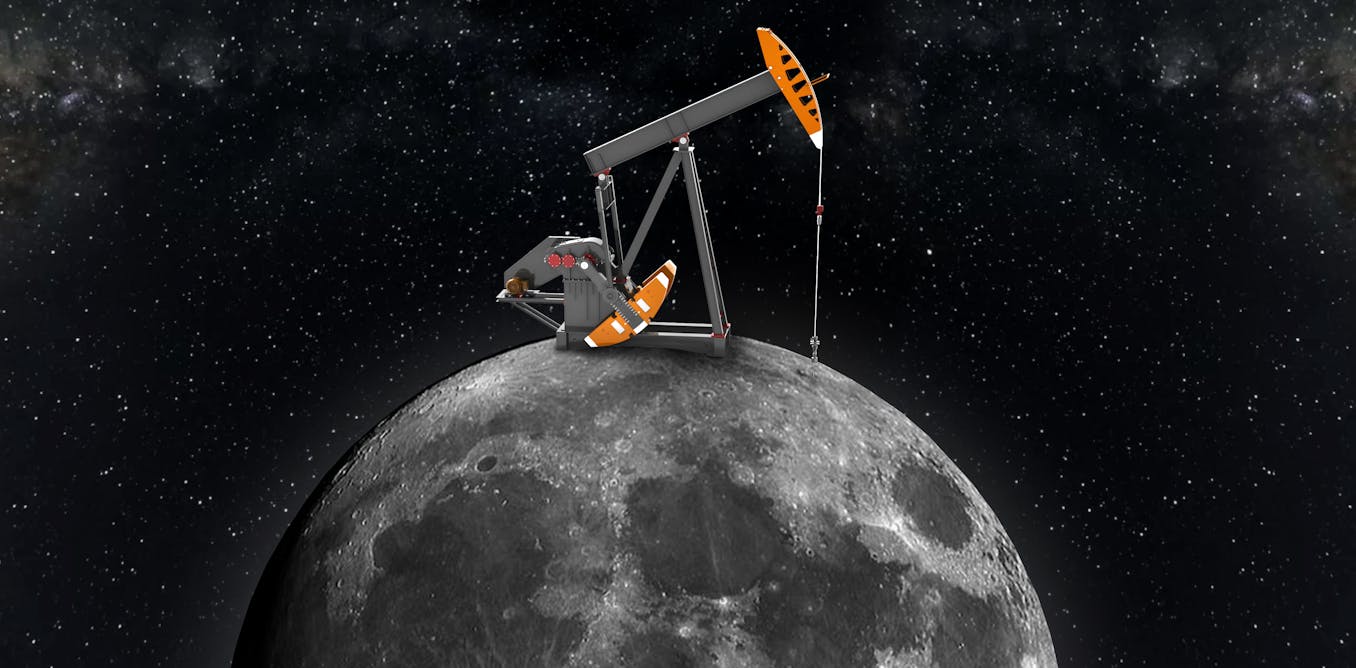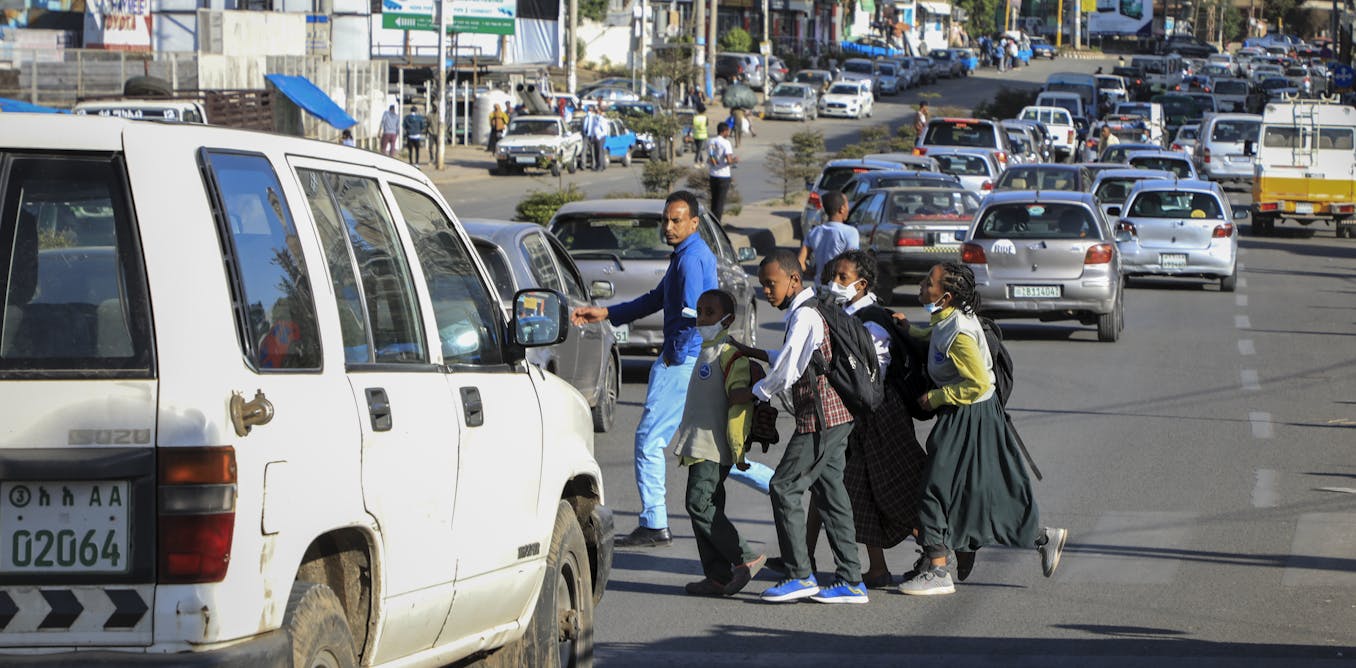   
CEO Picks - The best that international journalism has to offer!
 S1 S1
 S2 S2How to Avoid the Churn That Comes with Agility   Leaders today know that they need to be agile — to change direction quickly in the face of changing or uncertain conditions. But a byproduct of agility is churn: The confusion and demotivation that comes from many such pivots. This can cause inefficiency that bogs down innovative projects and strategies. The author advises that leaders instead set and communicate an unchanging overarching goal, while allowing that how they achieve that goal can and will change over time.
Continued here
|
 S3 S3Leading Change May Need to Begin with Changing Yourself   Behavior change is hard, but it’s a skill leaders who want to succeed amid near-constant organizational change need to develop. By increasing their self-awareness, committing to change, overcoming limiting thoughts, and deliberately practicing new behaviors, leaders raise the likelihood that the change initiatives they’re tasked to lead will be successful.
Continued here
|
 S4 S4Webinar: How to Make Data Monetization Everybody's Business   Our special report on innovation systems will help leaders guide teams that rely on virtual collaboration, explores the potential of new developments, and provides insights on how to manage customer-led innovation.Our special report on innovation systems will help leaders guide teams that rely on virtual collaboration, explores the potential of new developments, and provides insights on how to manage customer-led innovation.Most leaders see their organization's data as an important asset, but few have robust strategies for converting that asset into financial returns. In their new book, Data Is Everybody’s Business, Barbara H. Wixom, Cynthia M. Beath, and Leslie Owens argue that leaders must make data monetization a core business activity.
Continued here
|
 S5 S5How much it costs to attend the Burning Man festival  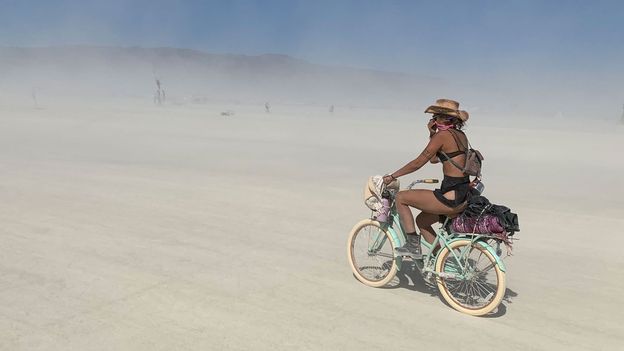 It's not easy – or cheap – to pop up a bustling city from empty desert ground. But that's exactly what happens at the Burning Man festival, held annually in Nevada's Black Rock Desert.Burning Man started in 1986 at a San Francisco beach with 35 people united by "the pursuit of a more creative and connected existence in the world"; this week, nearly 70,000 people are making their way out of the muddy desert after Burning Man's 37th year. The now nine-day festival has morphed into a massive brand and destination, where so-called "Burners" from around the world build a civilisation together from scratch, complete with art installations, healing camps, inspiring talks and live DJs.
Continued here
|
 S6 S6Why surge pricing is coming at restaurants, online retailers and more   Whether it's a Friday-evening flight, a hotel during the holidays or a taxi ride in a downpour, we have all been burned by higher-than-normal prices due to excess demand. Raising costs when businesses are busiest is the norm across the travel industry, for instance – but now, consumers are beginning to see these 'surge prices' in more sectors.In the UK, Stonegate Group, which owns nationwide pub-and-bar chain Slug & Lettuce, announced they would start charging more for beer during peak hours. The trend is spreading. An October survey of more than 2,000 UK consumers from Barclays showed 47% of British people had noticed examples of surge pricing, with 32% seeing an increase in the price of food and drink in pubs and bars during peak times.
Continued here
|
 S7 S7Crystal Wahpepah's Native American corn thumbprint cookies   Corn is the lifeblood of many Native American communities. It has been at the heart of many Indigenous cultures throughout the Americas for over 3,000 years. It's not just sustenance; it's a sacred plant that holds deep meaning. Among indigenous North American tribes, the Corn Mother is a maternal figure who is believed to be responsible for the origin of corn, and the first to give her people instructions on how to grow it. It is the American Indians who taught Europeans to grow, harvest and use corn in their diets, thus introducing the grain to a new continent when they brought it back home."When it comes to corn," said Crystal Wahpepah, the owner and head chef of Wahpepah's Kitchen in Oakland, California, "it's such an honour to still have it after all these [centuries], how strong it still is [in our community]."
Continued here
|
 S8 S8The Beatles' 'final' record: Should we bring singers back from the dead?   "I think we're actually on the cusp of something exhilarating and terrifying… it's an alien life form." When Bowie voiced these thoughts in a 1999 interview, he was greeting the creative dawn – or potential cataclysm – of the digital age. His words seem even more spookily resonant several years after his death (the Starman left this world in 2016). The music industry remains in a state of flux, and tech continues to connect realms – and maybe even raise the voices of long-departed singers.More like this: - Paul McCartney's unseen photographs - James Bond and The Beatles - The Beatles' greatest album
Continued here
|
 S9 S9How Virginia Woolf and the Bloomsbury group unbuttoned Britain   "Vain trifles as they seem, clothes have, they say, more important offices than merely to keep us warm. They change our view of the world and the world's view of us." So wrote Virginia Woolf in her 1928 novel Orlando, about a young nobleman who lives for several centuries, changing sex along the way.More like this: – The book that changed how we see Virginia Woolf – The rock 'n' roll bohemians who shocked the Victorians – The jacket that symbolises Britishness
Continued here
|
 S10 S10 S11 S11 S12 S12 S13 S13Secure attachment to both parents - not just mothers - boosts children's healthy development   Imagine a sudden rustle in the tall grass. A ripple of alarm passes through the group of early humans who live together amid ancient, rugged terrain. In the center of the encampment, a 3-year-old child – let’s call her Raina – stumbles and falls, her eyes wide with fear.Without hesitation, her mother sweeps her up into her protective arms, while her grandmother quickly gathers herbs and leaves to create a pungent smokescreen to deter lurking predators. Simultaneously, Raina’s father and uncles move swiftly to the outskirts of the camp, their vigilant eyes scanning for signs of danger.
Continued here
|
 S14 S14 S15 S15Modern medicine has its scientific roots in the Middle Ages - how the logic of vulture brain remedies and bloodletting lives on today  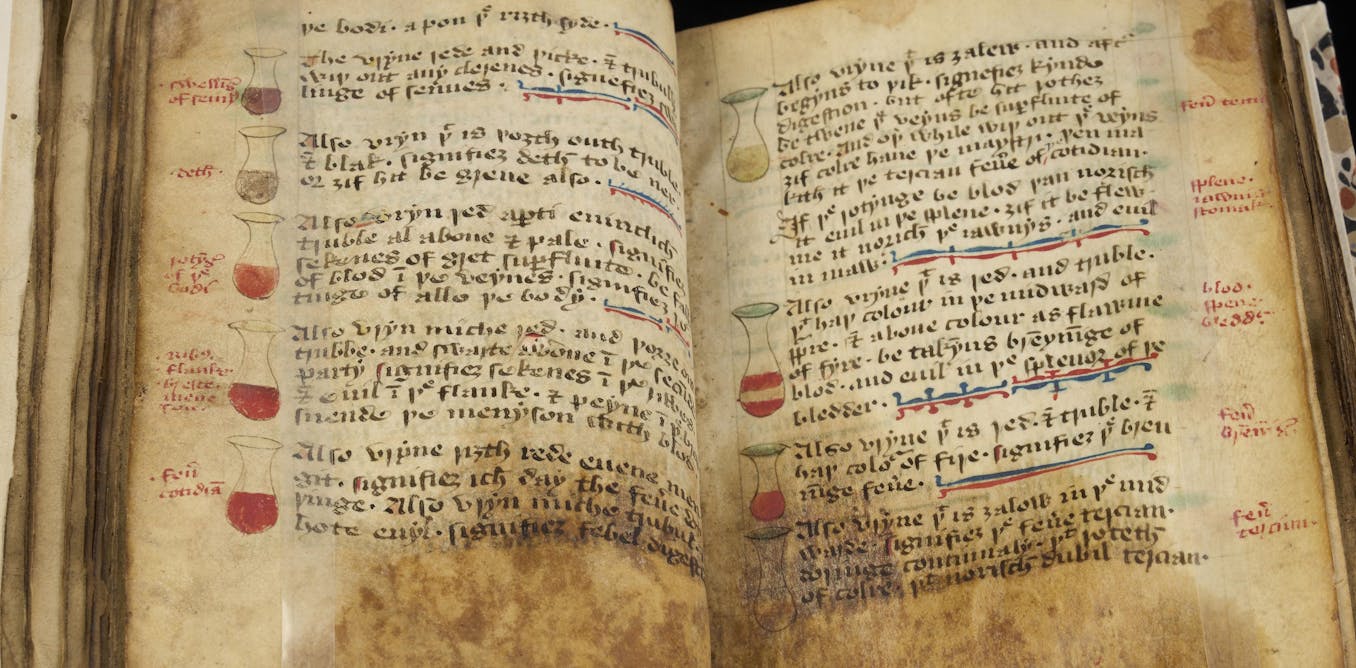 Nothing calls to mind nonsensical treatments and bizarre religious healing rituals as easily as the notion of Dark Age medicine. “The Saturday Night Live” sketch Medieval Barber Theodoric of York says it all with its portrayal of a quack doctor who insists on extracting pints of his patients’ blood in a dirty little shop. Though the skit relies on dubious stereotypes, it’s true that many cures from the Middle Ages sound utterly ridiculous – consider a list written around 800 C.E. of remedies derived from a decapitated vulture. Mixing its brain with oil and inserting that into the nose was thought to cure head pain, and wrapping its heart in wolf skin served as an amulet against demonic possession.
Continued here
|
 S16 S16Biden administration executive order tackles AI risks, but lack of privacy laws limits reach  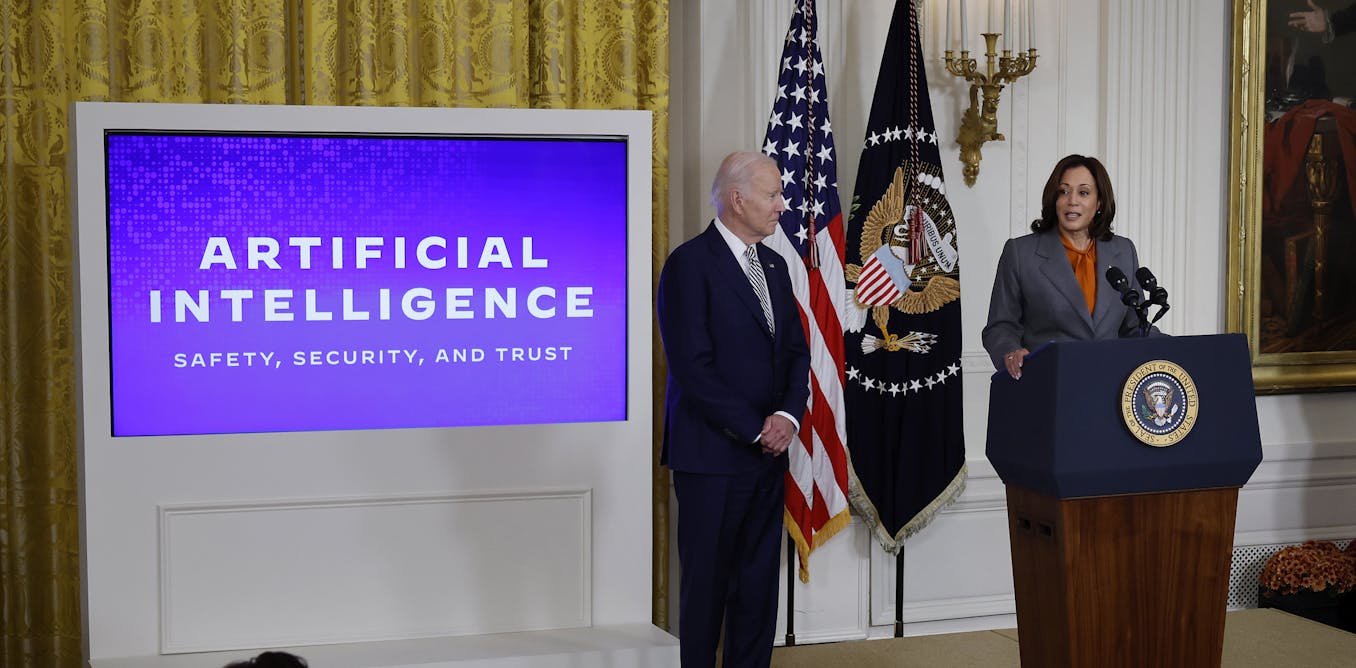 The comprehensive, even sweeping, set of guidelines for artificial intelligence that the White House unveiled in an executive order on Oct. 30, 2023, show that the U.S. government is attempting to address the risks posed by AI. The order is only a step, however, and it leaves unresolved the issue of comprehensive data privacy legislation. Without such laws, people are at greater risk of AI systems revealing sensitive or confidential information.
Continued here
|
 S17 S17Amazon a time bomb for the emergence of diseases with pandemic potential - due to deforestation and climate change   Home to the greatest biodiversity on the planet, the Amazon is also a ticking time bomb for the emergence or resurgence of diseases with pandemic potential. This is because environmental degradation and altered landscapes are important factors in this process, which are exacerbated during periods of extreme drought, such as the one now affecting the region.In the Amazon in particular, the paving of the BR-319 highway, linking Porto Velho to Manaus, is a significant source of concern. Conservative estimates predict that deforestation around the road will triple in the next 25 years, mainly due to land speculation. This is made worse by the fact that 90% of the area directly affected consists of untouched forest.
Continued here
|
 S18 S18Bird flu could be eradicated by editing the genes of chickens - our study shows how   Recent advances in gene editing technology could potentially be used to create disease-resistant animals. This could curtail the spread of avian influenza, commonly known as bird flu. In a recent gene editing study, my colleagues and I showcased the potential of gene editing to protect chickens from the threat of bird flu. This disease is caused by an ever-evolving virus that gets around numerous biosecurity measures such as good hygiene, restricting bird movements, surveillance through appropriate testing, and selective elimination of infected birds.
Continued here
|
 S19 S19 S20 S20Social media content in times of war: an expert guide on how to keep violence off your feeds  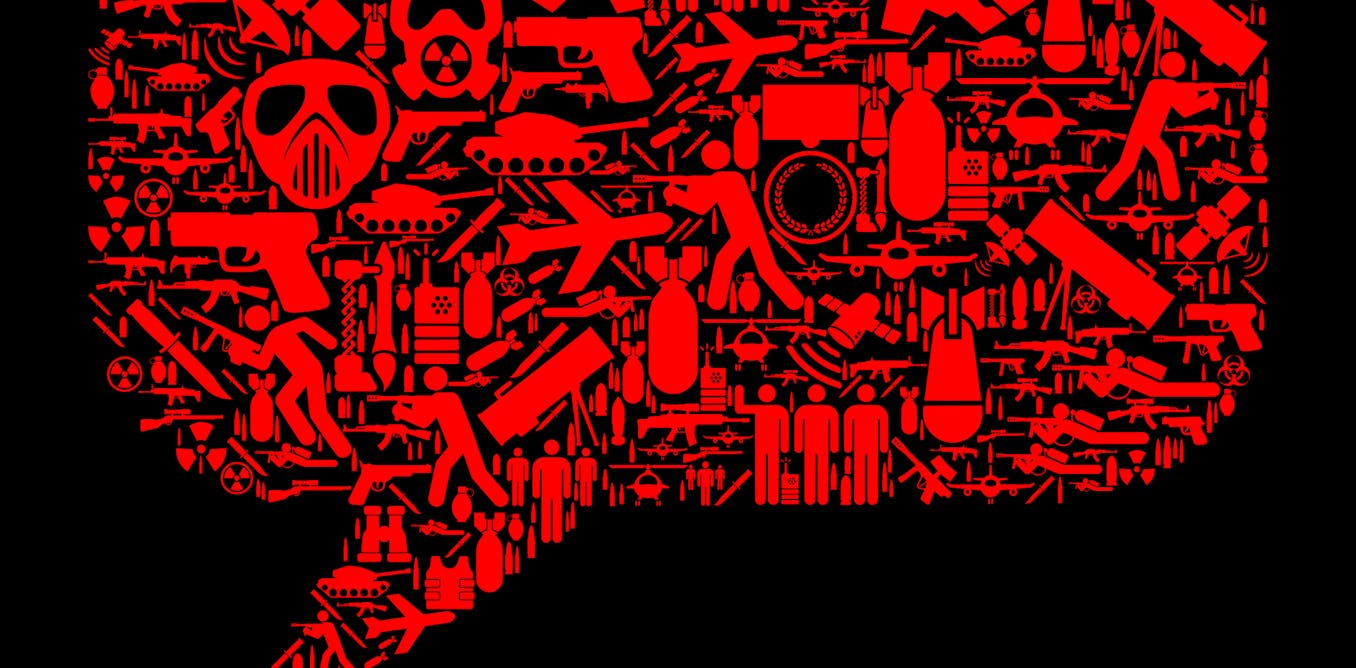 Social media platforms are a great source of information and entertainment. They also help us to maintain contact with friends and family. But social media can also – and has, often – become a toxic environment for spreading disinformation, hatred and conflict. Most people can’t or don’t want to opt out of social media. Efforts by courts and state bodies to regulate or control it are slowly catching up, but so far have been unsuccessful. And social media companies have a record of prioritising engagement over social benefit.
Continued here
|
 S21 S21 S22 S22 S23 S23E-fuels can play a huge role in Canada's journey towards a net-zero future  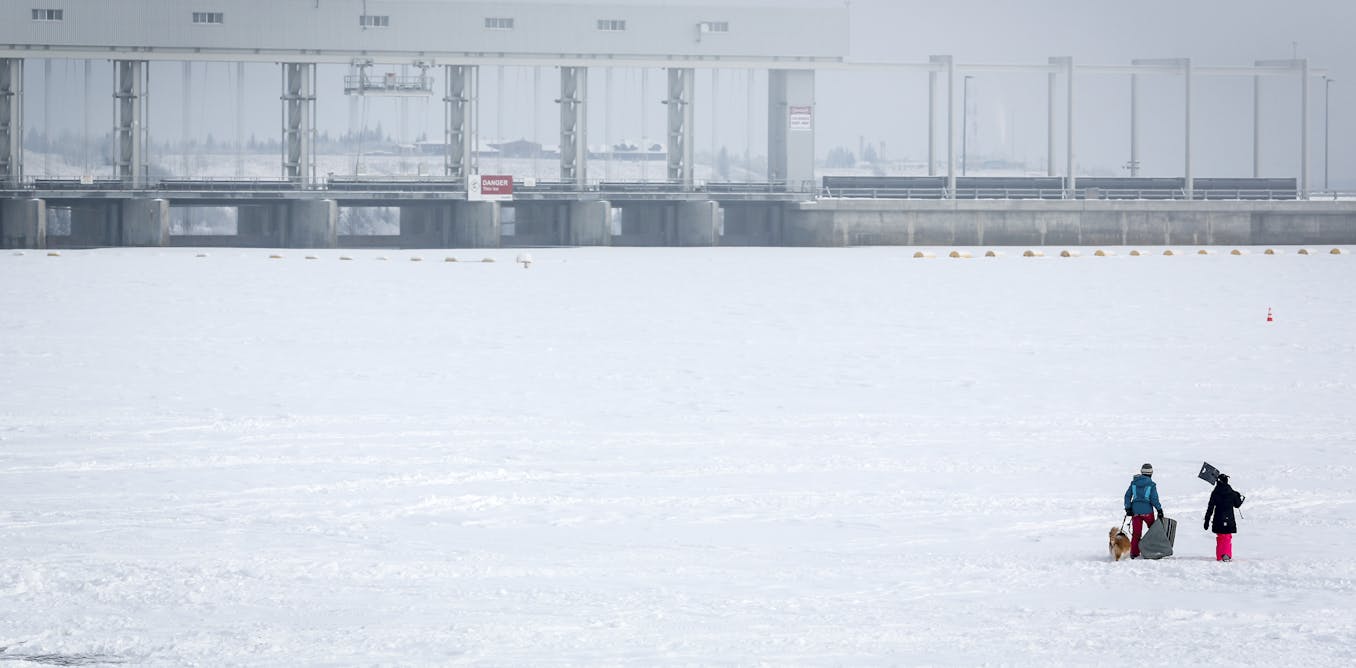 As countries around the world face the challenges of moving away from oil to stave off the worst effects of climate change, Canada is in an enviable position.Canada is rich in what’s needed to transition to a renewable energy system: abundant renewable energy potential, land and the necessary intellectual and industrial resources. All we need is the will to act.
Continued here
|
 S24 S24New Labour dominance in the 1990s is now weakening the Conservative voter pipeline  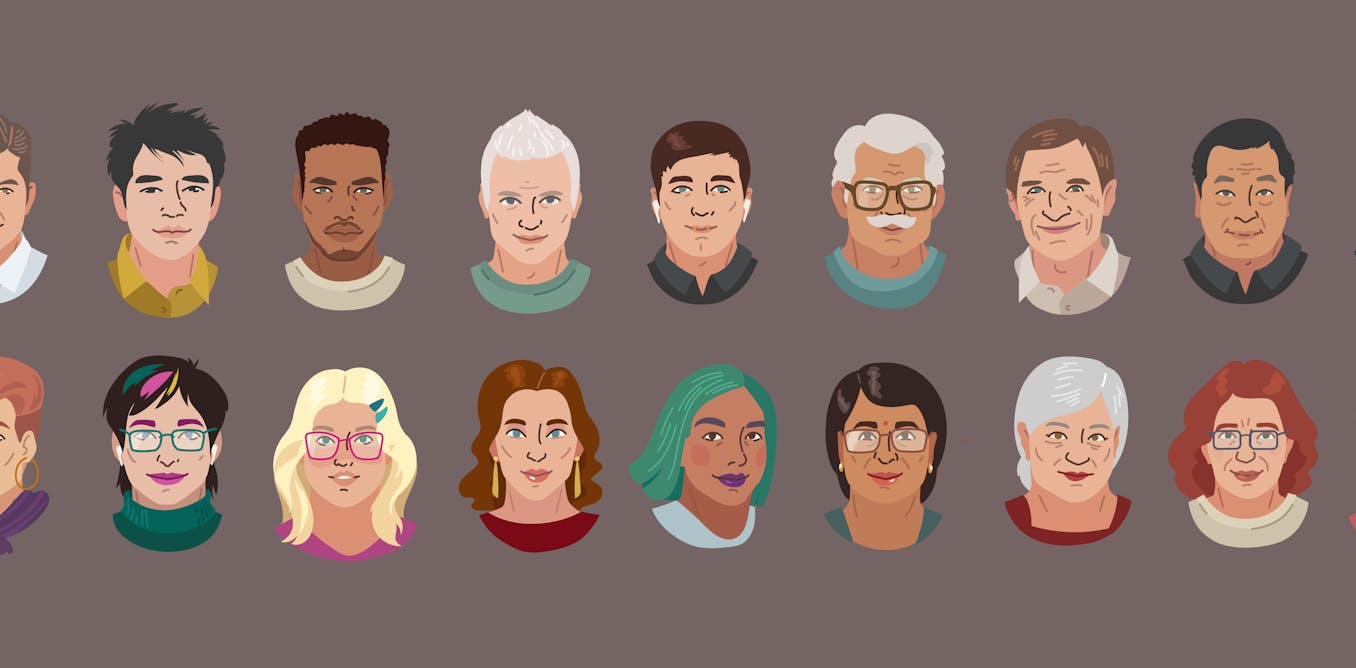 If a man is not a socialist by the time he is 20, he has no heart. If he is not a conservative by the time he is 40, he has no brain.At first glance, this quote, attributed to Winston Churchill, appears to fit the evidence in Britain. A survey conducted during the 2019 general election reported in our recent book showed that 23% of respondents under the age of 30 voted Conservative and 55% voted Labour. In contrast, 59% of the over 65s voted Conservative and only 13% voted Labour.
Continued here
|
 S25 S25Natalie Zemon Davis: three brilliant examples of her microhistory writing  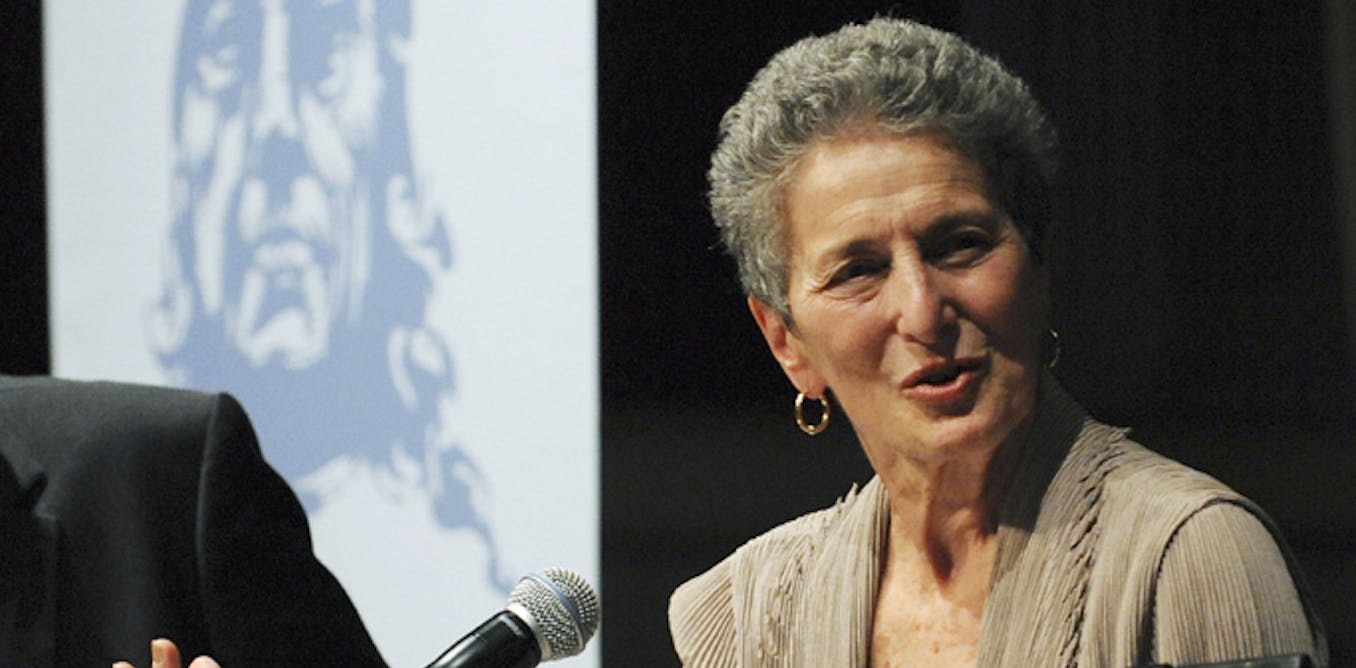 Natalie Zemon Davis, who died on October 21 just short of her 95th birthday, was probably the best-known and most well-regarded of North American historians since the 1970s. She published her first book, Society and Culture in Early Modern France, in 1975 and was writing the final pages of her last book in the weeks before she died.Her early work on the popular culture and religious mentalities of artisans and labourers in the 16th century captured imaginations, and she led the early teaching of women’s history at the University of Toronto. But it is her distinctive methods and contributions to what came to be known as microhistory that are best remembered.
Continued here
|
 S26 S26Many divorcees end up with nothing or only debt after divorce - new study   Contrary to the impression given by divorces covered in the media, most do not entail couples sharing vast amounts of wealth and spending huge sums on legal proceedings.The Fair Shares Project is the first nationally representative study to examine the financial arrangements of divorcing couples in England and Wales. Our team’s new report shows that most couples have very modest levels of assets to divide. In fact, 17% of divorcees in our survey had no assets at all, while 23% ended up with nothing or only debts following their divorce.
Continued here
|
 S27 S27 S28 S28Gay Games: Hong Kong's groundbreaking role as first Asian host could be overshadowed by politics   The Gay Games – a global sporting event for LGBTQ+ athletes – have been held in San Francisco, Paris, Sydney and several other cities in North America and Europe. This year, the games will be held in Asia for the first time. Events begin in Hong Kong, the co-host with Guadalajara in Mexico, on November 3.Competitive sports have, historically, reinforced social inequalities when it comes to race, gender, class and sexuality. Since their inception in 1982, the Gay Games have aimed to be a safe space for LGBTQ+ athletes.
Continued here
|
 S29 S29 S30 S30Whakaari/White Island court case will change the level of accepted risk in NZ's tourism industry  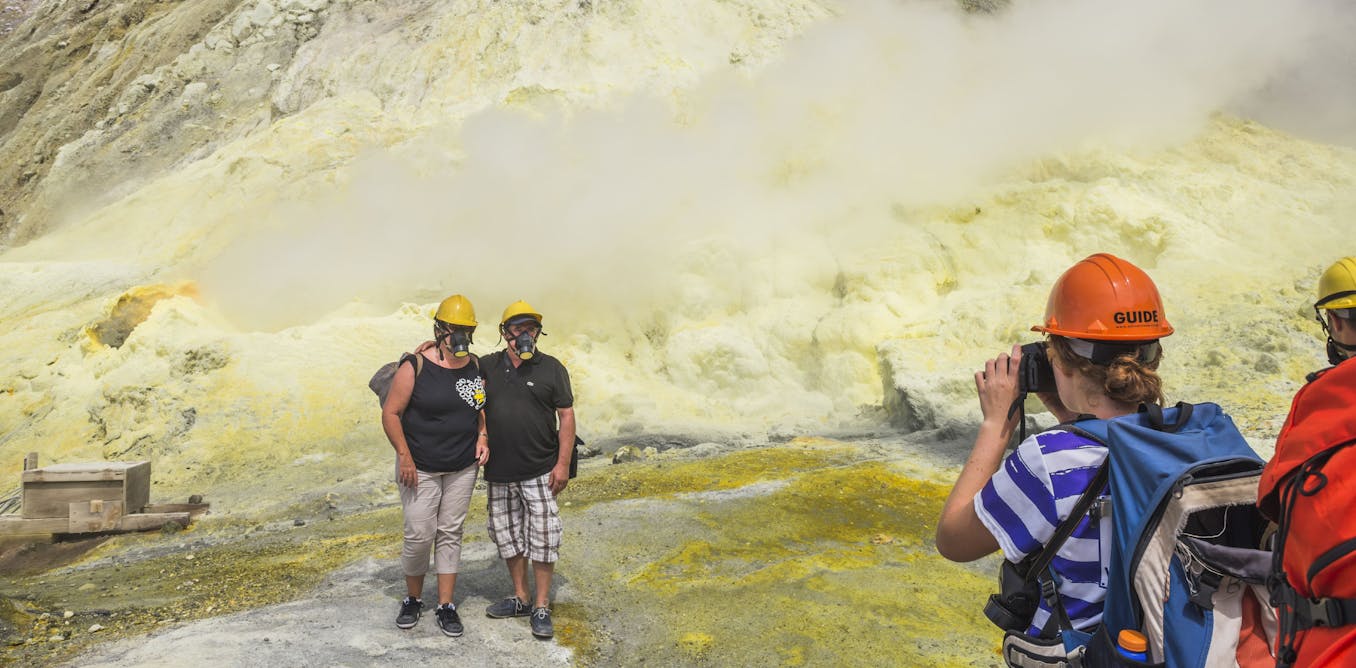 An Auckland court has found Whakaari Management Limited (WML) guilty of breaching workplace safety laws relating to the Whakaari/White Island eruption in 2019. This decision could have implications for anyone involved in adventure tourism in New Zealand. When Whakaari erupted on December 9 2019 there were 47 people on the island. The eruption killed 22 of them and injured 25, some severely. The island was at alert level VAL 2 (moderate to heightened volcanic unrest) when it erupted.
Continued here
|
 S31 S31Understanding all kinds of English accent can improve empathy and learning - and even be a matter of life and death   In a 2019 sketch from the US late-night comedy show Saturday Night Live (SNL), the actor James McAvoy plays a Scottish air traffic controller attempting to help a US brand integration manager (Mikey Day) land a plane in distress, because the pilot has been knocked unconscious. The fact that Day’s character is not a pilot only partly explains why the mayday call is not a success. McAvoy lays on thick Glaswegian, in both accent and vocab, and none of the Americans on board understand a word he says. Such a lack of understanding can often lead to what linguists term “accentism”, or accent-based prejudice. This typically sees the listener who doesn’t understand effectively blame the speaker for their accent.
Continued here
|
 S32 S32Taming wild northern rivers could harm marine fisheries and threaten endangered sawfish   Australia’s tropical northern rivers still run wild and free. These relatively pristine areas have so far avoided extensive development. But this might not last. There are ongoing scoping studies exploring irrigating agricultural land using water from these rivers.Using our latest computer modelling, we found northern water resource development would have substantial effects on prawn, mud crab and barramundi fisheries in the Gulf of Carpentaria. These are valuable Australian marine fisheries which depend on healthy estuaries. Reducing river flows would also disturb mangrove and seagrass habitats and threaten the iconic endangered largetooth sawfish.
Continued here
|
 S33 S33Friday essay: jilted lovers could once sue for breach of promise - did we lose something in abolishing this law?   Just a few lines to my ever dear Beattie.My dear love. I am nearly mad. Dear love, I love the ground you walk upon. My dear love. I pity you from the bottom of my heart. You are my love for life.I think it is a yarn about my wife being alive … I think it is spite …Dear, I would like to see you …On a squally autumn day in Sydney in March 1914, Beatrice Storey, a barmaid, sued Frederick Chapman, a farmer, for abandoning her on the day of their wedding. To be precise, she claimed £1,000 damages in the New South Wales Supreme Court for breach of promise of marriage, a suit that could be used to claim compensation for injuries arising from a broken engagement.
Continued here
|
 S34 S34 S35 S35I was a geriatrician on Old People's Home for Teenagers. Here's why I joined this TV experiment  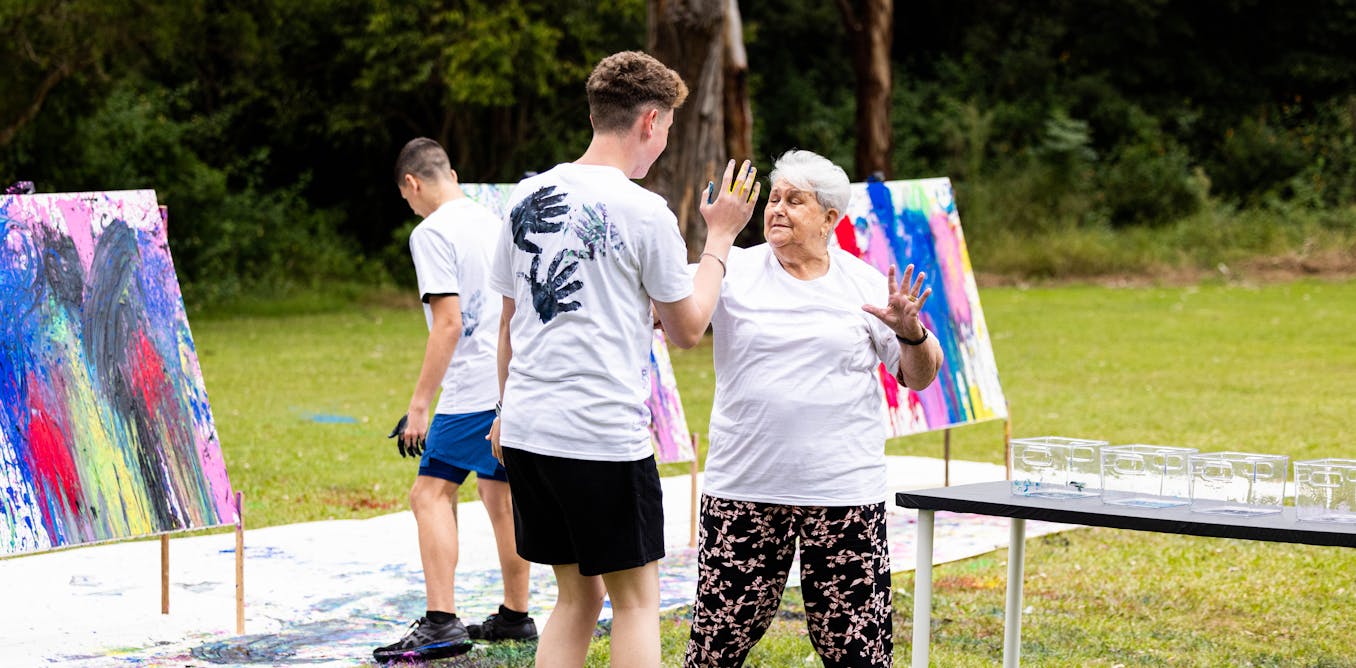 This is the purposeful bringing together of different generations, aiming to benefit all involved. It’s the idea central to ABC TV’s Old People’s Home for Teenagers, and its predecessor Old People’s Home for 4 Year Olds. Both show the positive aspects of mixing age groups, for the older people featured, as well as the teenagers or preschoolers.I’m a geriatrician, a doctor who specialises in the medical care of older people, one of two geriatricians who took part in this TV experiment. Here’s why I got involved.
Continued here
|
 S36 S36 S37 S37AI chatbots are coming to your workplace but are not necessarily coming for your job   Artificial Intelligence chatbots are everywhere. They have captured the public imagination and that of countless Silicon Valley inventors and investors since the arrival of ChatGPT about a year ago.The stunning human-like abilities of conversational AI - a form of artificial intelligence that enables computers to process and generate human language - have sparked widespread optimism about their potential to transform workplaces and increase productivity.
Continued here
|
 S38 S38 S39 S39Jewish women's illustrated memoirs of the Holocaust cover matrilineal relationships   The Ontario government recently made a welcome announcement that as of September 2025, lessons on the Holocaust will be included in the mandatory history class for Grade 10 students. The announcement precedes Neuberger Holocaust Education Week at the Toronto Holocaust Museum, which runs Nov. 1–9.As someone who teaches the Holocaust through literary works, I have found that illustrated graphic memoirs serve as an excellent entry point to this important but difficult subject.
Continued here
|
 S40 S40How Canadian companies can use tech to identify forced labour in their supply chains   Levi Strauss Canada is yet another company facing allegations of forced labour in its supply chain. The allegations, which Levi Strauss denies, centre on whether the company is working with suppliers using Uyghur forced labour. With over 27 million people worldwide in forced labour, we can expect to witness similar allegations elsewhere in the coming years. While Canada enjoys strong protections against labour exploitation, the issue of involuntary work may hit closer to home than expected. The reality is that forced labour could have been used to produce many of our everyday items, including clothing, electronics and vehicles.
Continued here
|
 S41 S41 S42 S42 S43 S43Is Now and Then really a Beatles song? The fab four always used technology to create new music  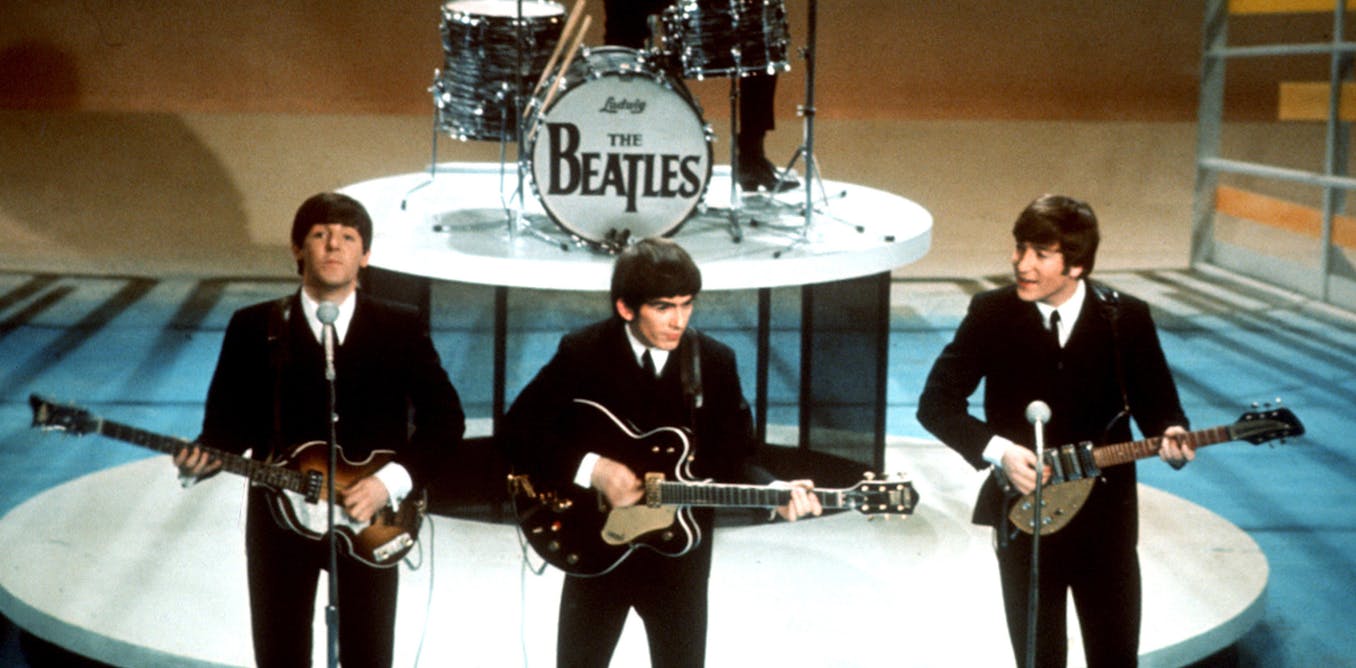 Over the past few weeks, Paul McCartney has been touring Australia to play through three hours of his musical legacy – from Beatles and Wings favourites to solo material, and some unexpected deep cuts. A particularly moving pair of songs was the bookending of McCartney’s performance of In Spite of All the Danger (the first song the band recorded as The Quarrymen) and the performance of The End – one of the last songs the Beatles recorded together.
Continued here
|
 S44 S44 S45 S45The fury on show at the Qantas AGM couldn't have come at a worse time for the airline   Justin Wastnage was previously director of two industry groups, Aviation/Aerospace Australia and the Tourism & Transport Forum, which are both funded in part by Australian and international airlines and airports.Fielding tough questions from a furious audience is no one’s idea of fun. But as Richard Goyder and Vanessa Hudson – Qantas chairman and chief executive, respectively – dealt with angry question after angry question at the airline’s annual general meeting today, the pair knew their main audience was not those in the room. It was, in fact, the decision-makers in Canberra.
Continued here
|
 S46 S46 S47 S47National drops 2 seats on NZ final results, and will need NZ First to form government   Election Analyst (Psephologist) at The Conversation; and Honorary Associate, School of Mathematics and Statistics, The University of Melbourne The National Party has won a total of 48 seats (down two from the preliminary election night results), Labour has won 34 (remaining steady), the Green Party has won 15 (up one), ACT has won 11 (steady), NZ First has won eight (steady) and te Pāti Māori/the Māori party has won six seats (up two).
Continued here
|
 S48 S48Can we eat our way through an exploding sea urchin problem?  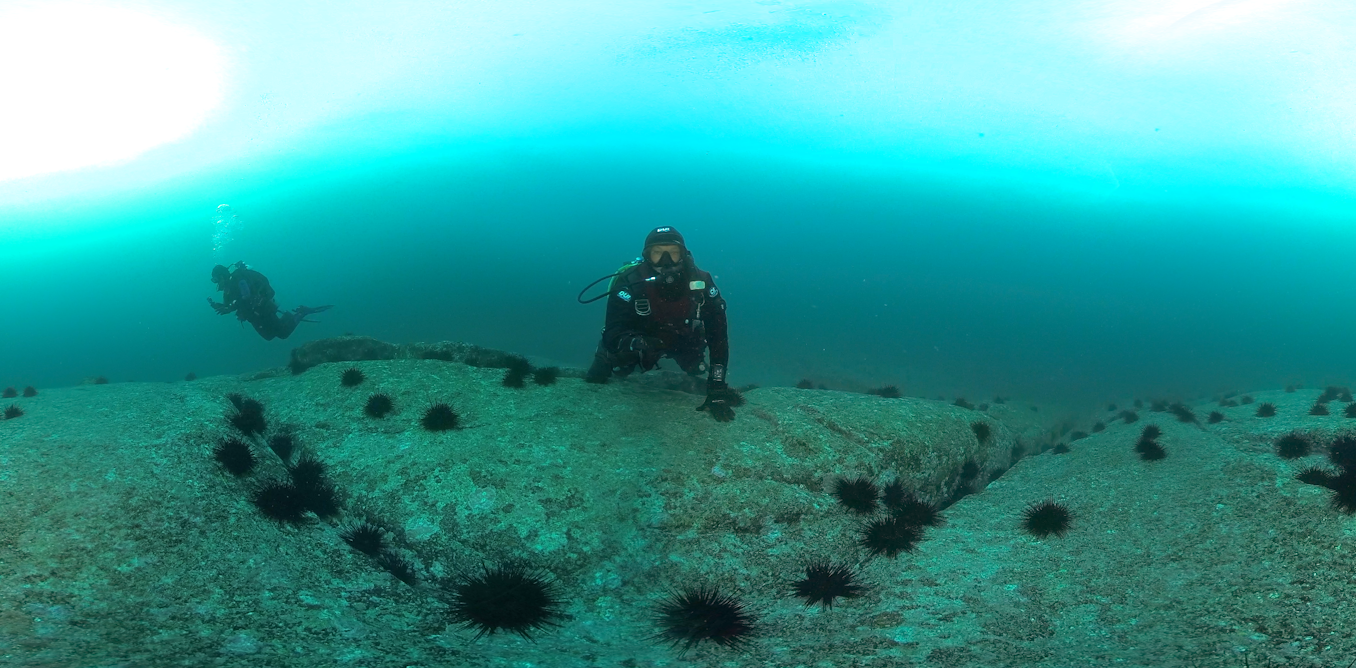 Longspined sea urchins are native to temperate waters around New South Wales. But as oceans heat up, their range has expanded more than 650km, through eastern Victoria and south to Tasmania. Their numbers are exploding in the process, clear-felling kelp forests and leaving “urchin barrens” behind.The species (Centrostephanus rodgersii) is now the single largest and most urgent threat to kelp forests along the southeastern coast of Australia’s Great Southern Reef.
Continued here
|
 S49 S49How Israel Is Splitting the Democrats   Early this past month, Adam Ramer started a new job. He was just four years out of college, and this would be one of his biggest jobs yet: political director for the reëlection campaign of Ro Khanna, a Democratic representative from Silicon Valley. Khanna, a well-known and popular incumbent with plenty of money in the bank, is in no real danger of losing his election next year; many representatives in his position might not have been hiring campaign staff at all. But Khanna is also ambitious—it’s frequently speculated that he may run for President one day, staking out a pragmatic-populist lane slightly to the right of Bernie Sanders and to the left of Gavin Newsom. Part of Ramer’s job would be to act as a liaison between Khanna and various activist groups, trying to keep the representative in the good graces of his progressive base and to burnish his future reputation.On October 7th, Ramer’s sixth day on the job, he woke up to the news that Hamas militants had broken through the border fence in Gaza and started slaughtering and kidnapping Israeli civilians. “My first reaction was to be sickened by the bloodshed,” he said. “My second thought was, When Israel responds, it’s going to get so much worse.” Ramer, a redhead with a mustache, is descended from Mennonite pacifists on both sides of his family. His grandfather, a conscientious objector during the Vietnam War, was later arrested while scattering blood on the walls of the Pentagon, as part of a civil-disobedience action against nuclear weapons. (Ramer’s mother, then twelve, watched her father get arrested. “I’m scared, but I understand why he did it,” she told the Washington Post at the time, her glasses dotted with blood.) In conversation, Ramer talks less about earmarks and executive orders than about vines and fig trees. “I hate politics,” he said. “But it’s the most direct way I have found to try to reduce people’s suffering.”
Continued here
|
 S50 S50Not All of America's National-Security Threats Are Overseas   Nine days ago, the idea that an obscure 2020 election denier from Shreveport, Louisiana, with less than five thousand dollars in his household's bank accounts, a literalist's belief in the presence of dinosaurs on Noah's Ark, and a dubious past as an advocate of "conversion" therapy for gay teens could single-handedly shape the fate of tens of billions of dollars in U.S. military assistance to key allies at war was even more preposterous than the notion that America might soon reëlect its four-times-indicted former President.But these are not normal times in our politics. As the new Republican Speaker of the House, Mike Johnson now wields outsized power over which bills get a vote in Congress, and he has decided to make the first major fight of his tenure a dispute with the White House and the Democratic-controlled Senate over emergency aid to Israel and Ukraine. In the Senate, meanwhile, Tommy Tuberville, a first-term G.O.P. member from Alabama, who is better known for his years as Auburn's head football coach, has waged a one-man campaign to block hundreds of military promotions for the past nine months. With a new war in the Middle East and embarrassing vacancies in key Pentagon posts threatening to affect U.S. readiness, his Republican colleagues finally pushed back for real this week, spending much of Wednesday night yelling at Tuberville on the Senate floor. "I do not respect men who do not honor their word," Joni Ernst, a senator from Iowa, huffed. Dan Sullivan of Alaska complained about Tuberville's "national-security suicide mission." He added, "Xi Jinping is loving this. So is Putin. How dumb can we be, man?"
Continued here
|
S51 |







































































































